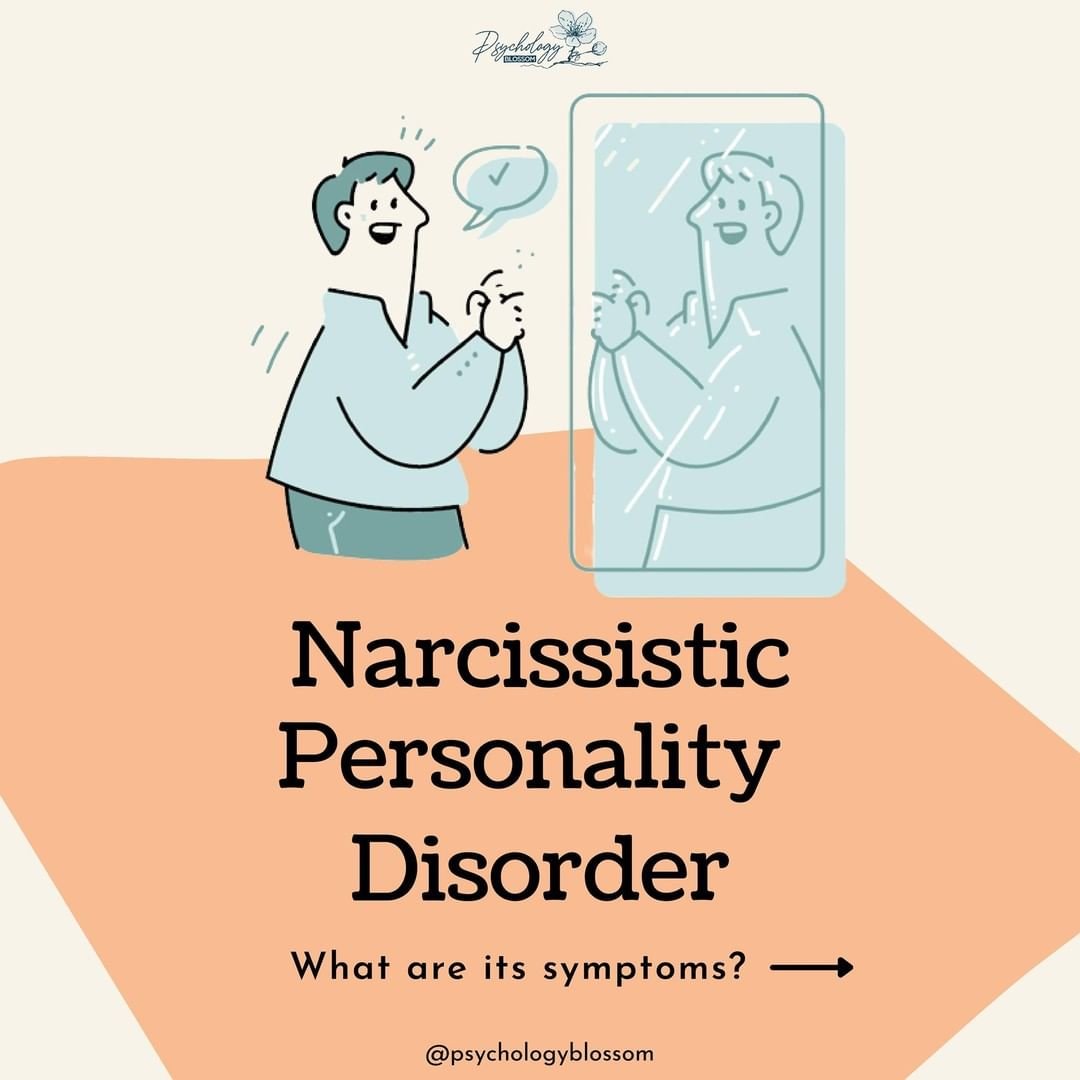Narcissistic Personality Disorder Uncovered
Exploring signs, risks, and treatments for Narcissistic Personality Disorder, and how therapy can help individuals and their loved ones.
Narcissistic Personality Disorder (NPD) is a type of personality disorder in which people are arrogant, demanding and have an inflated sense of self. For individuals with NPD, they yearn for excessive admiration from those around them to match up to their perceived achievements. They may struggle to be empathetic towards others and are only concerned about their own well-being. Their friends and family may feel that they come off as snobbish or obnoxious. However underneath this ego, they are very fragile and cannot handle criticism well.
Signs and Symptoms
Recognizing NPD can be difficult, as individuals often mask their vulnerabilities with overconfidence. Some of the most common signs include:
- Requiring constant admiration
- Desire to be superior regardless of level of achievements
- Overvaluing their talents and accomplishments
- Preoccupation with fantasies of success (might be extreme like expensive cars or landed properties)
- Believe they are special and entitled to special treatment
- Expect favours and compliance under all circumstances
- Inability to recognize the needs of others
Risk Factors
While the exact causes of NPD are not fully understood, research highlights several contributing factors:
- Genetics: A family history of personality disorders may increase the likelihood of NPD.
- Environmental Factors:
- Excessive praise and reinforcement even for misconduct during childhood.
- Emotional abuse as a child, leaving long-lasting effects on self-perception.
- Neglect or unpredictable parental care, creating insecurity and dependency on external validation.
Treatment
Individuals with Narcissistic Personality Disorder often appear confident, but their self-image can collapse quickly when faced with criticism or perceived failure. Over time, dissatisfaction may lead to Depression, Anxiety, or even substance misuse as coping mechanisms.
Treatment is complex, as narcissistic traits can interfere with the willingness to accept criticism or acknowledge the need for change. Nevertheless, psychotherapy has been shown to help. One of the most effective approaches is Cognitive Behavioural Therapy (CBT), which focuses on:
- Behaviour: Practicing changes such as holding back critical comments about others.
- Affect: Learning to manage depressed and anxious moods, improving overall emotional balance.
- Cognition: Restructuring thoughts to reduce the superiority complex and the tendency to criticise others as a defence mechanism.
- Tolerance to criticism: Building a stable sense of self-worth that is not dependent on constant admiration.
- Relationships: Developing coping strategies to maintain healthy bonds, including couples therapy if necessary.
How Therapy Helps
Therapists working with NPD often face resistance, but with patience and consistency, progress is possible. A therapeutic alliance provides a safe space where clients can explore their vulnerabilities without fear of rejection. Over time, therapy can guide them toward healthier self-perceptions and more balanced relationships.
We recommend This Video to those who wants to learn more about Narcissistic Personality Disorder.
